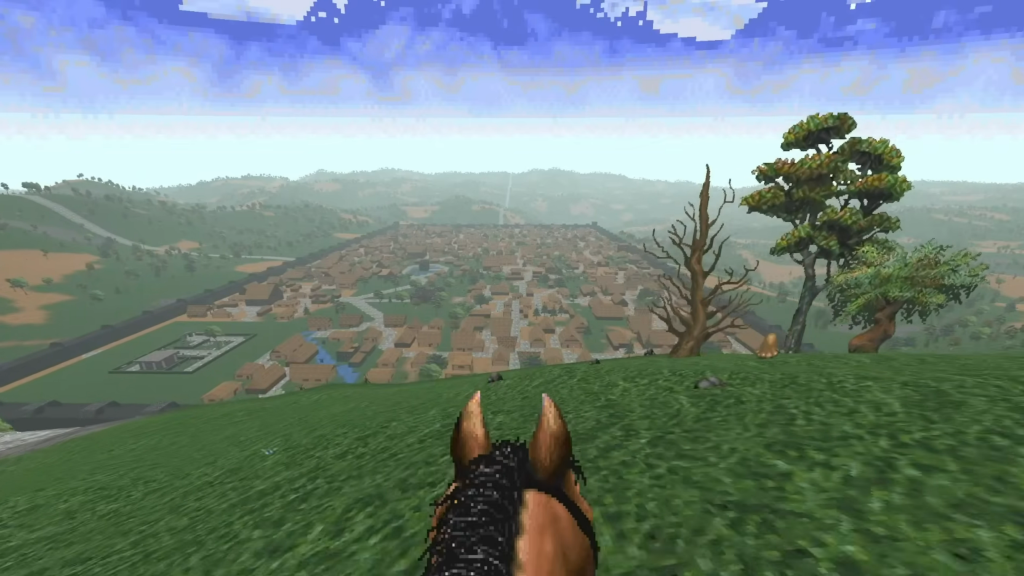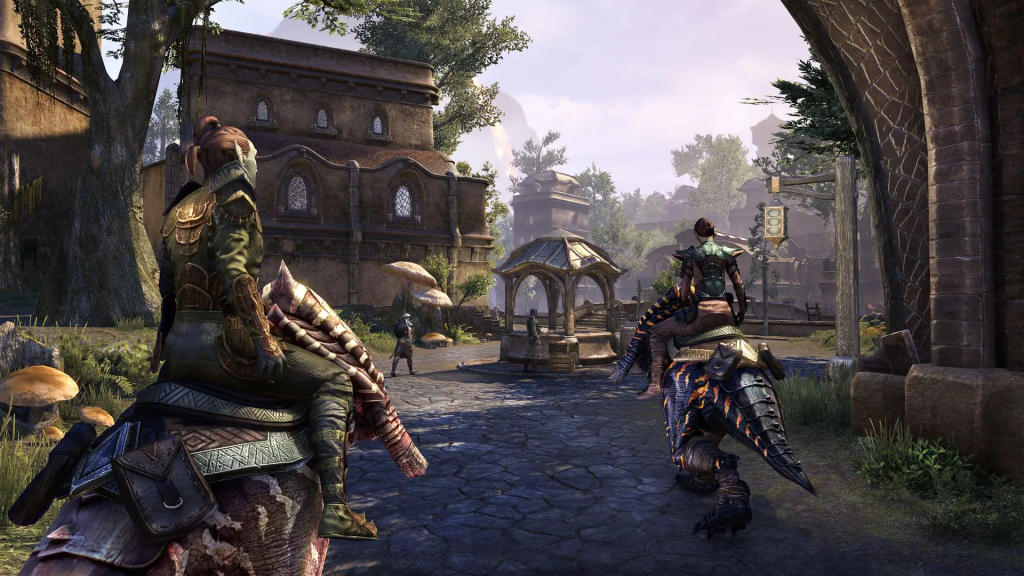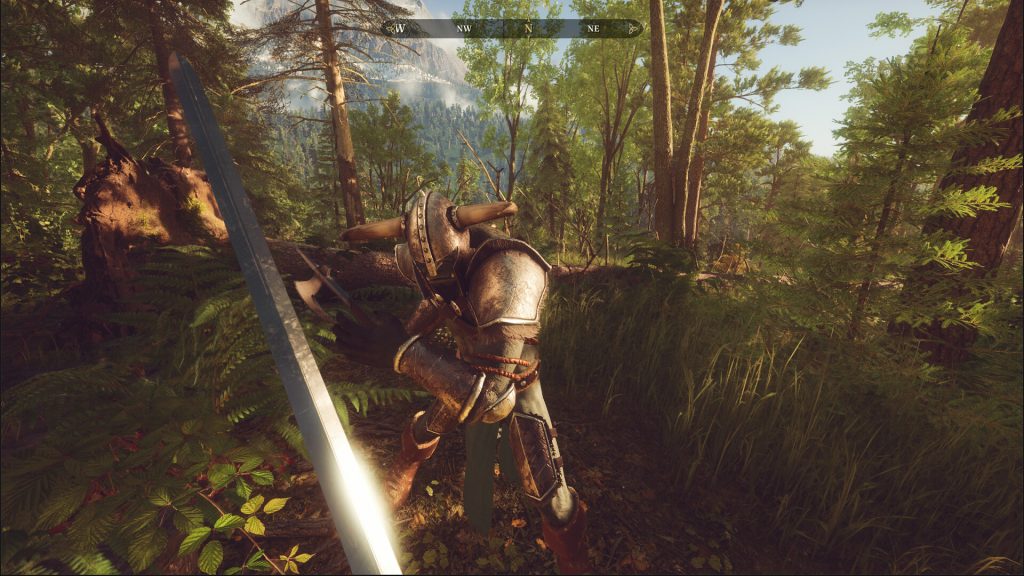Amidst Conversations of Gamer Fatigue, Elder Scrolls Creator Is Unhappy With “how linear and small” RPGs Have Become
The gaming industry has been around for nearly half a century. In that time, the RPG genre has been one of the most popular genres, but it has also been ever-evolving. These days, the genre has gone from big worlds and adventures driven by player choice to linear and restrictive experiences.

At least that’s what Elder Scrolls creator Ted Peterson feels anyway. The Daggerfall creator stands firm on the belief that true RPGs should prioritize freedom. While there are discussions to be had about fatigue among gamers, Baldur’s Gate 3 winning Game of The Year is a perfect example of Peterson’s beliefs.
Elder Scrolls creator Ted Peterson doesn’t like the state of the RPG genre

Peterson recently shared his thoughts about the current standing of the industry in an interview with VideoGamer. The Elder Scrolls co-creator admitted his frustration with how limited RPGs have become lately. He criticized the genre’s tendency to make big worlds that ultimately limit player freedom.
He pointed out that older games like The Elder Scrolls II: Daggerfall gave us players numerous ways to complete quests. And that is something newer RPGs often lack. Peterson finds it disheartening that newer games prioritize accessibility at the cost of depth. And it’s fair because it makes us feel like we have fewer choices despite being in seemingly huge worlds.
I’m glad that people are wanting to break away from that… I’ve seen games that have attempted it and were trying to break down the fence completely. For me, I’ll always go on the side of freedom.
Peterson’s criticism is not new, but it has become more relevant with the rise of more structured RPGs. In contrast, Baldur’s Gate 3 recently proved that players still crave games where choices truly matter. Its success demonstrated that there is a large audience for RPGs with deep narrative branches and player agency.
Baldur’s Gate 3 is one of the biggest success stories in a long time.
• No in-game purchases
• No Denuvo
• Three years of polish and tweaking in Early Access
• Insane amount of value and content for the price
• 700K+ CCU on Steam
• Over 2.5M units sold before launch pic.twitter.com/WcLyJP2WrT— KAMI (@Okami13_) August 5, 2023
Peterson acknowledges this shift and is hopeful that the success of Larian Studios’ game will inspire more developers to embrace non-linear storytelling. He sees his own upcoming project titled The Wayward Realms as a direct response to this demand.
Peterson is making his own RPG

Peterson’s upcoming game, The Wayward Realms, is apparently going to be more than just another open-world RPG. With this title, Peterson and his team want to introduce a new sub-genre that they call a “Grand RPG.” Every decision a player makes, from using specific skills to interacting with NPCs in different ways, should change the outcome of their story.
So much of our design discussions are, ‘Hey, how can you solve this quest with total, like, social talking to someone?’
Despite Peterson’s commitment to large-scale, choice-driven RPGs, there are discussions in the industry about whether players still have the patience for such games. Former Starfield quest designer Will Shen recently discussed the “resurgence of short games” and why there is a shift in player mentality.
He pointed to the success of games like Mouthwashing and argued that many players no longer want to invest 100-plus hours into a single title. This shift in player habits is what raises questions about whether there is still room for the kind of RPGs Peterson envisions. Do you have an answer to that?
The industry is still trying to find the balance between creativity and accessibility even today, and we see more and more debates about what makes an RPG truly great. One game puts it in favor of one side, and another game shifts the balance, but which one is the real answer?
#Conversations #Gamer #Fatigue #Elder #Scrolls #Creator #Unhappy #linear #small #RPGs
